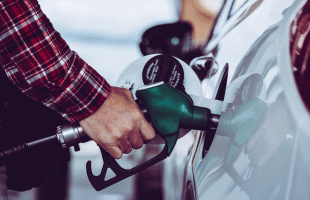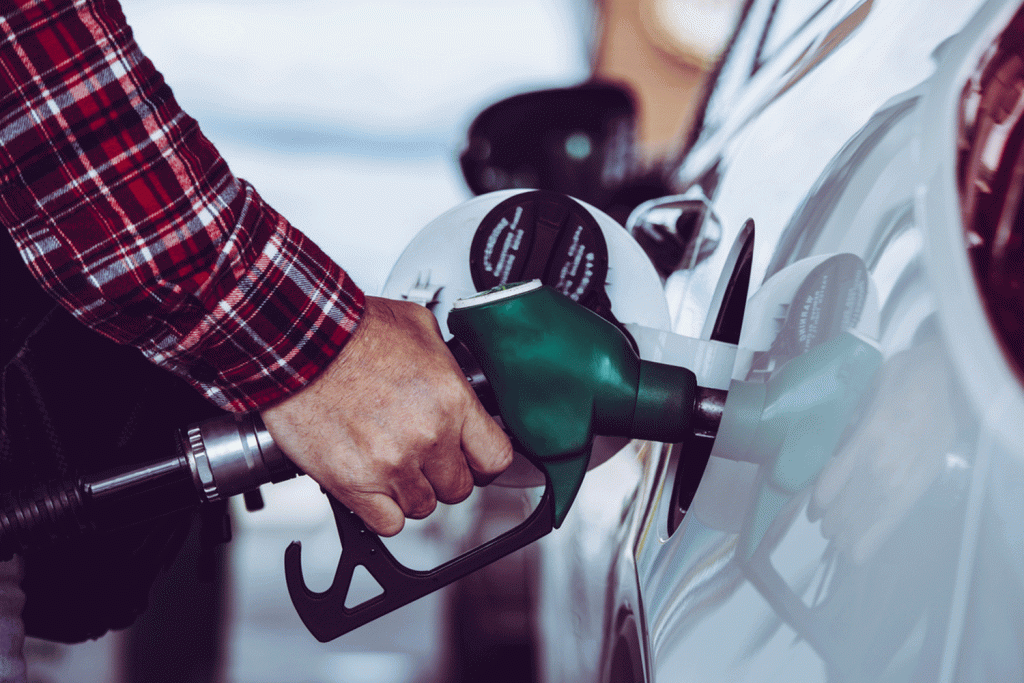New research into the global ‘fuel retailing’ market has revealed a number of ‘disruptions’ unlocking financial opportunities for petrol retailers. The detailed international study by Advance Market Analytics (AMA) said these opportunities included electric vehicles (EVs) and changing consumer demands for seamless experiences. It also stated a growing demand for technology such as the ‘internet of things’ (IoT) and artificial intelligence (AI).
In 2017 Australasian Association of Convenience Stores (AACS) completed a research project called ‘Convenience 2030’ which looked at potential trends for the industry. In this research experts locally and globally were consulted and the issues of electric vehicles (EVs) and changing consumer demands for seamless experiences were identified.
AACS CEO Jeff Rogut said reframing threats as opportunities will inspire fresh thinking, disrupt complacency, and change perspectives. “Key drivers of future change will be technology, competitors, regulations, Millennials, and mobility,” Rogut said.
According to Rogut, opportunity areas are products, services, channels, supply chain, marketing, people, technology, and loyalty. “Major initiatives identified are on-the-go food, mobile developments, store experience, values-based marketing and retailer-supplier collaboration,” he said. “The industry has already embraced a number of these challenges and some have been turned into opportunities.”
In addition other emerging opportunities have been identified such as health and wellness, sustainability, culinary culture, digital engagement and becoming more of a community hub.
 In a statement, the AMA also said that diesel sales have grown more rapidly as more motorists have switched to diesel vehicles. However, ‘operators need to sell a high volume of fuel to cover operating costs and generate profit,’ the statement said.
In a statement, the AMA also said that diesel sales have grown more rapidly as more motorists have switched to diesel vehicles. However, ‘operators need to sell a high volume of fuel to cover operating costs and generate profit,’ the statement said.
According to the research, demographic and lifestyle changes will likely curb demand for car ownership, which could subdue demand for petrol.
Profiled players in the research are Wesfarmers (Australia), Caltex Australia (Australia) who have just sold seven petrol stations in Melbourne, BP Australia (United Kingdom), 7-Eleven (United States), PetrolPlaza (Germany), Reliance Industries Ltd (RIL) (India), Nayara Energy (India), Shell (Netherlands), Retail Petroleum Solutions RPS (Turkey) and Boyett Petroleum (United States).

